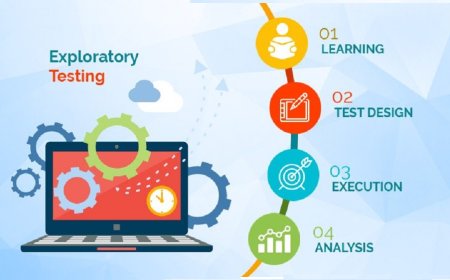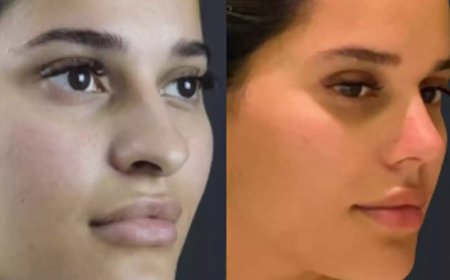Cancer Screening Tests All Women Must Take by Age 30

Preventive health care is one of the most powerful tools in managing long-term wellness. Among the most essential components of preventive care arecancer screening tests. For women, undergoing the right cancer screening test at the appropriate age can detect potential problems earlywhen they are most treatable. By the age of 30, several cancer screening tests become particularly important to ensure continued health and early diagnosis.
Why Are Cancer Screening Tests Important?
Many cancers develop silently, without noticeable symptoms in the early stages. This is why regular cancer screening tests are crucialthey allow for the detection of abnormalities before they become life-threatening. Early detection often results in simpler treatments, higher success rates, and lower medical costs.
Women in their 20s may often feel healthy and energetic, but by age 30, the body begins to show subtle shifts. As hormonal changes increase and lifestyle factors accumulate, certain cancers can begin to take root. This is why medical professionals recommend a set of cancer screening tests specifically targeted for women entering their 30s.
1. Cervical Cancer Screening Test
One of the most essential cancer screening tests for women under 30 is the Pap smear, which checks for abnormal cells in the cervix. From the age of 21, women are advised to take a Pap test every three years. By age 30, co-testing with HPV testing is recommended every five years. The cancer screening test for cervical cancer is non-invasive and highly effective at identifying precancerous changes.
2. Breast Cancer Screening Test (Clinical Breast Exam)
While mammograms are usually advised from age 40 onward, women in their 20s and 30s should still undergo regular clinical breast exams. This cancer screening test involves a physical examination of the breasts by a healthcare professional. For women with a family history of breast cancer, more advanced cancer screening tests like mammograms or MRIs may be recommended earlier.
3. Skin Cancer Screening Test
Though commonly associated with older adults, skin cancer can affect young women tooespecially those who spend a lot of time in the sun or use tanning beds. A visual cancer screening test for skin irregularities, including unusual moles or pigmentation, should be performed annually. Self-checks combined with professional skin evaluations play a crucial role in early detection.
4. Thyroid Cancer Screening Test
The thyroid is responsible for regulating hormones that influence metabolism, mood, and energy levels. A neck examination, followed by an ultrasound if needed, forms part of the cancer screening test for thyroid abnormalities. While thyroid cancer is relatively rare, it is more common in young women and should not be overlooked.
5. Oral Cancer Screening Test
Regular dental checkups also include an oral cancer screening test. Dentists check for abnormalities in the mouth, gums, and tongue. Women who smoke, drink alcohol, or have HPV exposure are more susceptible and should be vigilant about these cancer screening tests.
6. Colorectal Cancer: Preliminary Assessment
Though standard cancer screening tests for colorectal cancer typically begin at age 45, women with family history or gastrointestinal symptoms may need earlier evaluation. Stool-based tests or visual procedures like a sigmoidoscopy can help rule out early signs of concern.
7. Ovarian Cancer: Risk-Based Screening
Routine cancer screening testfor ovarian cancer are not typically recommended unless a woman is considered high-risk due to genetics or family history. However, a transvaginal ultrasound and CA-125 blood test can serve as precautionary methods for women with significant risk factors.
Lifestyle and Prevention
In addition to undergoing the appropriate cancer screening test, adopting a healthy lifestyle significantly lowers cancer risk. Avoiding tobacco, limiting alcohol, maintaining a healthy weight, exercising regularly, and eating a balanced diet rich in fruits and vegetables all contribute to long-term wellness.
Vaccinations also complement cancer screening tests. The HPV vaccine, ideally given before age 26, can help prevent cervical and other types of cancers. Women who missed it in their younger years can still benefit from it by age 30.
Conclusion
Turning 30 is more than just a milestoneits a reminder to take charge of your health. The earlier women incorporate cancer screening testinto their healthcare routines, the better their chances of early diagnosis and full recovery. Being proactive about health means not just reacting to symptoms but preventing them in the first place.
Making cancer screening tests a priority helps protect your future self. These tests are not only about identifying disease but about empowering women to live healthier, longer lives. At age 30, the time is right to commit to regular cancer screening tests and pave the way for a healthier tomorrow.
































